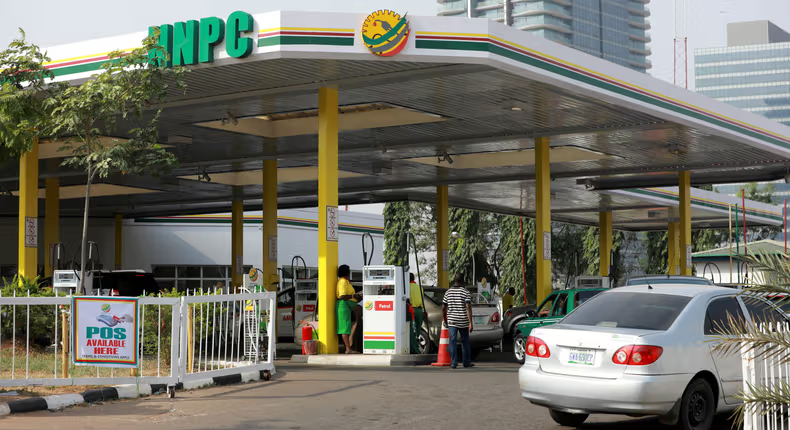In a significant shift affecting consumers across Nigeria, the Nigerian National Petroleum Company Limited (NNPCL) has announced an increase in fuel prices, raising them to ₦1,030 per litre in Abuja and ₦998 in Lagos. This adjustment comes in the wake of the government’s decision to eliminate the fuel subsidy, marking a pivotal moment in the country’s oil and gas sector.
Chinedu Ukadike, spokesperson for the Independent Petroleum Marketers Association of Nigeria (IPMAN), commented on the price hike, stating, “This is a price template that reflects the total deregulation of the oil and gas sector under the Petroleum Industry Act.” He elaborated that NNPCL has altered its fuel procurement strategy and is now directly sourcing fuel from the influential Dangote Refinery.
This transition signifies a departure from NNPCL’s previous role as a middleman, adopting a ‘willing buyer, willing seller’ model. This new approach allows marketers to procure products directly from Dangote Refinery, streamlining the supply chain. Ukadike emphasized this shift, saying, “NNPCL is no longer a middleman for oil marketers. Marketers are to buy petrol products from Dangote Refinery, embracing the new NNPCL price template.”
Anticipation Among Fuel Marketers
As these changes unfold, fuel marketers are closely monitoring the situation, waiting for the official ex-depot prices from NNPCL and Dangote Refinery. These prices are vital for retailers as they will influence pricing decisions across the board. Ukadike explained, “Once the ex-depot prices of NNPCL and that of Dangote Refinery are released, we will choose where to buy our petroleum products.”
Despite the adjustments, reports indicate that petrol prices at Dangote Refinery may have risen to ₦977 per litre, although no official confirmation of this increase has been provided. Previously, NNPCL disclosed that it purchased petrol from Dangote at ₦898 per litre, a figure disputed by Dangote Group spokesperson Anthony Chiejina, who declined to give an alternative price.
This latest increase follows swift price adjustments from ₦617 to ₦897 in recent months, highlighting the volatility and contentiousness of Nigeria’s oil sector as stakeholders and consumers brace for the implications of the subsidy’s removal.

